The Recycled Workshop to do projects with Aqua Coat products
We at Aqua Coat are all about sustainability and staying as environmentally friendly as possible. We also recognize that things still need to get gone. Projects still need to happen, and the works don't stop. As such, we like to provide you with advice that will help you to get done what you need to get done in as environmentally friendly a way as possible while even saving you some money along the way. Never fear, Aqua Coat is here to help with our full line of environmentally friendly line products, from paint to stain, to wood filler, and a lot more besides. Today, we are going to look at how to build a recycled workshop almost entirely out of spare parts.
I came up with this idea about three years ago. I needed a place where I could repair furniture that the kids would break from time to time or clean equipment (Aqua Coat has a tremendous green equipment cleaner for that!) that didn’t require moving the cars out of the garage every time I needed to use a saw. Someplace where I could leave the project set up for a few days if I couldn’t get to it. That meant I needed a shed or basically, a recycled workshop.
After checking with my township to figure out how big I could build it while avoiding the expense of a permit, I started planning.
A simple 10 X 20 rectangle would be perfect for my recycled workshop. It would, however, require a fair amount of wood, even going with 24" on center studs rather than the customary 18". Fortunately, my job at the time meant I was around a lot of construction, which said that I had first pick of plenty of material that would otherwise end up in the dumpster.
It took some time and some help from people to let me know when things were getting thrown away. It also meant that I had to store it in the garage and make a few extra trips to work with my trailer to get it all. It took a while, but it was completely worth it.
In the space of less than a year, I recovered the following:
- Railroad ties for the foundation
- Pressure-treated lumber for the floor joists
- Plywood for the floor itself
- Pine studs for the walls
- Concrete forms for the roof joists
- More studs and plywood for the lofts
- Castaway fluorescent lights for the interior
- Premade shelves
- Leftover insulation
- More plywood and OSB for the roof
- Plywood shipping box converted into double doors
- Door for the side entrance, complete with lock and key
- Cast off office furniture for workbenches and chairs
- Cabinets
- Various sealants to fill in the cracks
- Birch plywood for the walls – that came from someone I know at a furniture factory. Those places throw away, almost perfect wood all the time.
All of that didn't cost me anything except time and some gas money. And it was all stuff that otherwise was going into a landfill. I did have to buy a few things like shingles, hardware, windows (from craigslist), and wiring, but all things considered, it was pretty cheap.
Now, I was lucky enough to be working at a place and in a position that granted me easy access to all of this material. Not everyone has that option. So, what can you do? First, if you have friends with that kind of access, ask them to keep an eye out for you. Second, craigslist is a treasure trove of free materials. I browse it regularly and find several free desks, windows, scrap wood, and pallets on a regular basis. I'm currently working on a lean-to made with materials gathered this way.
There are other options, as well. Construction is going on everywhere, and they toss things into their dumpsters that would be perfect building materials for smaller projects like sheds, beds, benches, and my recycled workshop. If you talk to them, they might even set some aside for you. After all, they have to dispose of that material, and if they can save a dumpster load or save some weight, so they get charged less at the local dump, you're helping them out.
Maybe you wind up with a lot more wood than you need for the walls, so you are going to use it to make cabinets and workbenches. If you are looking to use some of Aqua Coat's excellent water-based paint to finish that off, you might want to try some of our environmentally friendly grain filler to give your cabinets a polished look. Or you need to make a wood workbench for the recycled workshop. Aqua Coat has what you need. Tabletop Commercial Finish is highly durable to protect your work surface and far less damaging to the environment than typical high VOC topcoats.
Naturally, when you're all done, that new shed will need to be painted. And what better way to finish off your unique, and environmentally friendly workshop made from recycled materials than with environmentally friendly water-based paints or stains from Aqua Coat? We've got a full line of products that will give your recycled workshop the finished look of a shed that a professional built and delivered to your home. The only difference is that you helped the environment along the way, and saved a ton of money in the process.


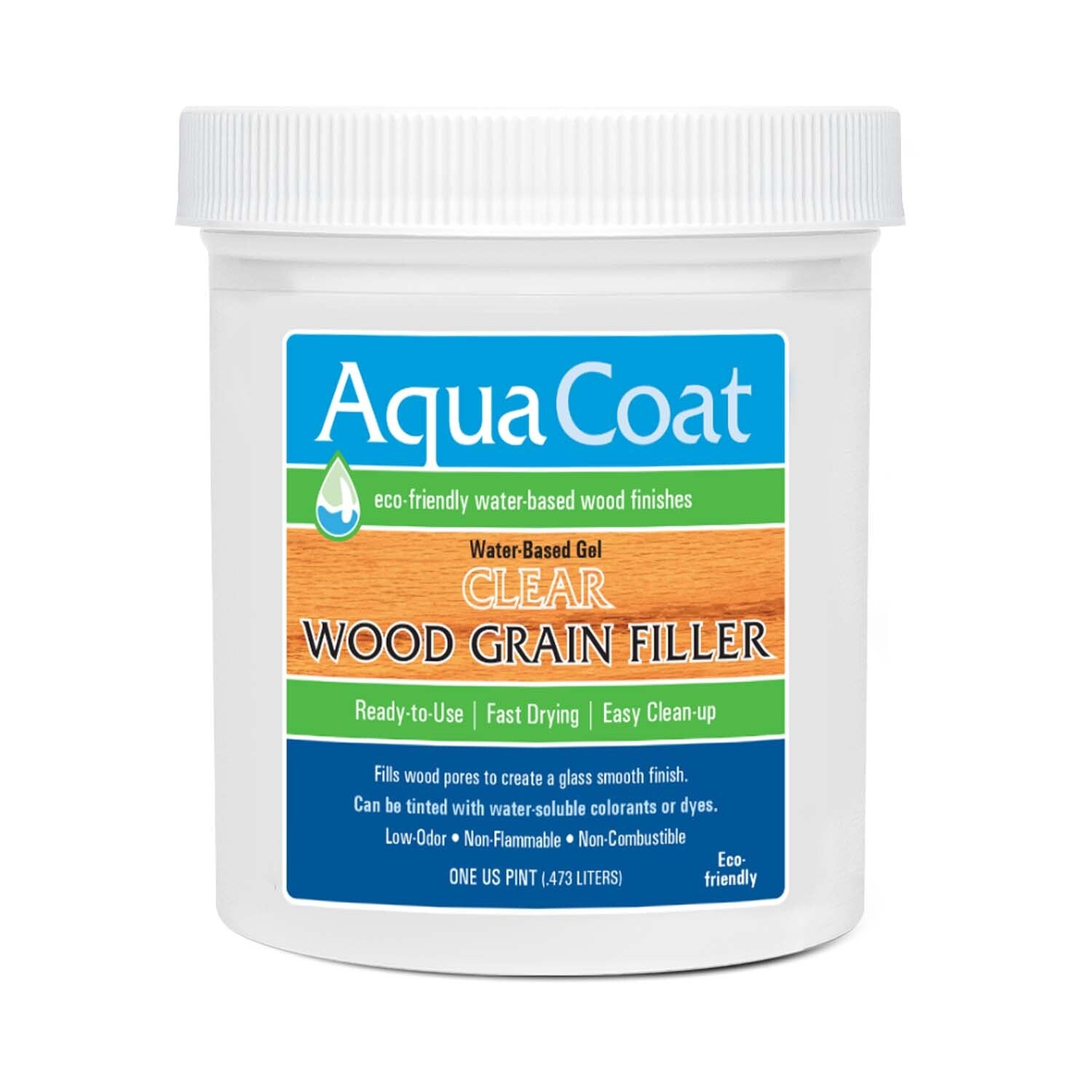
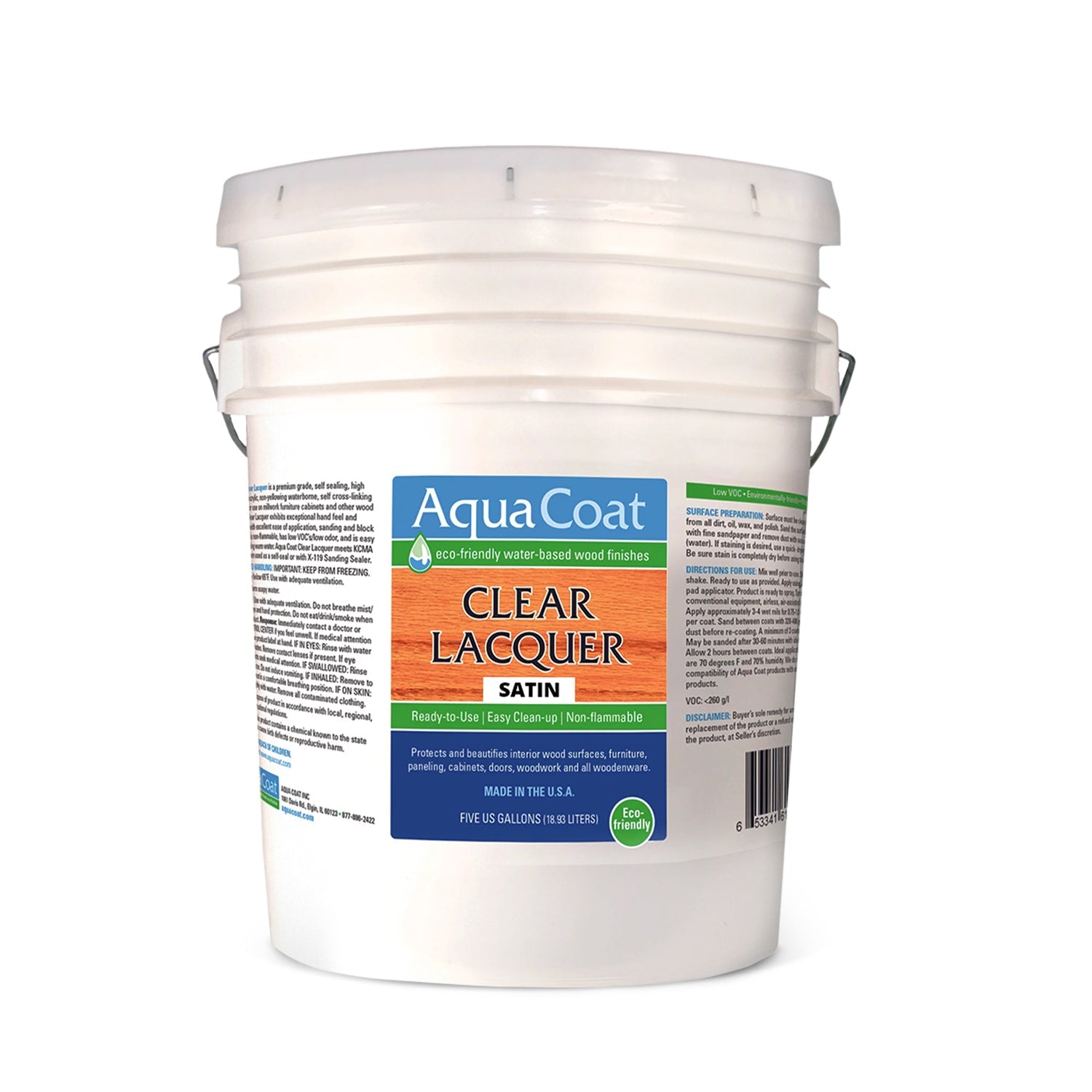
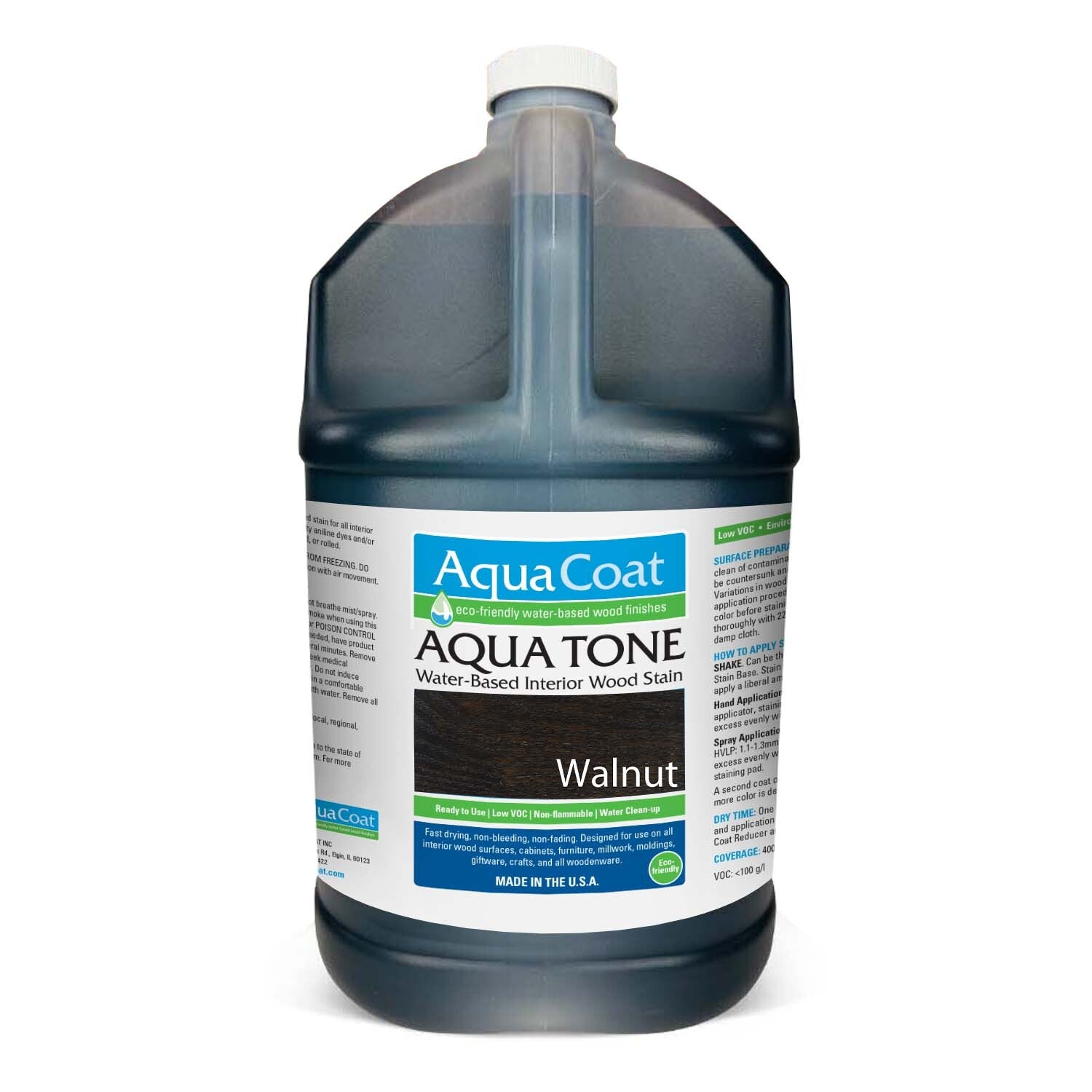
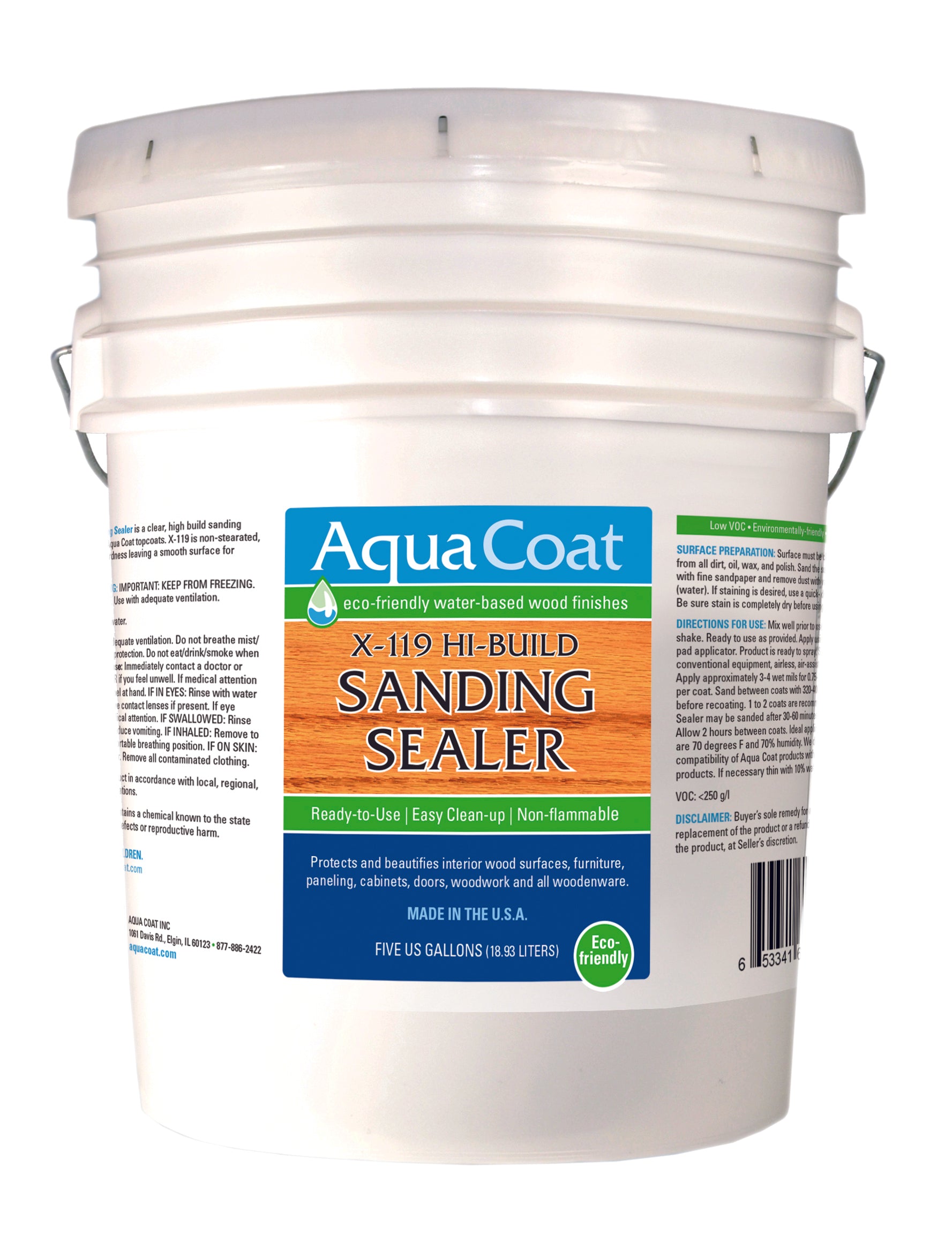
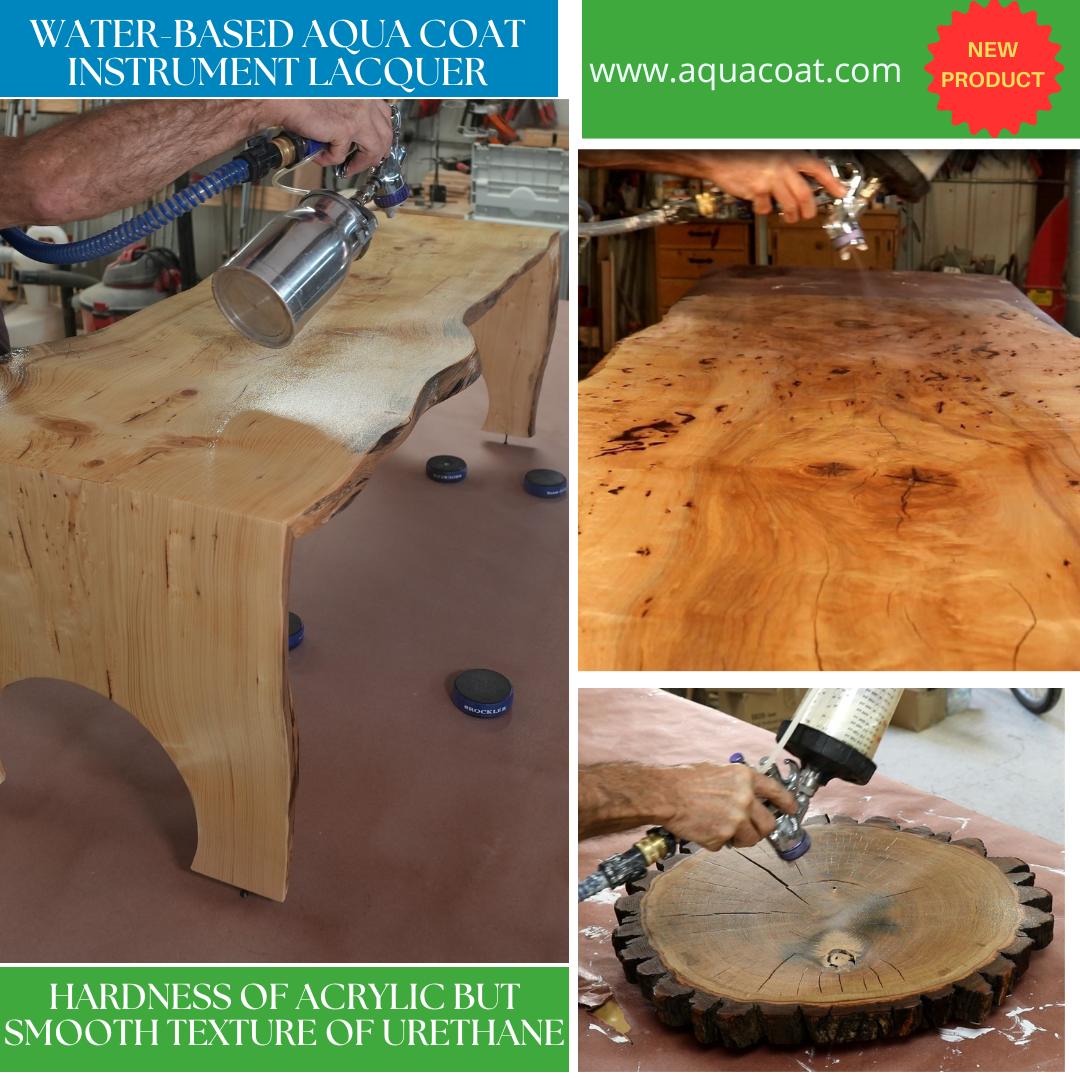

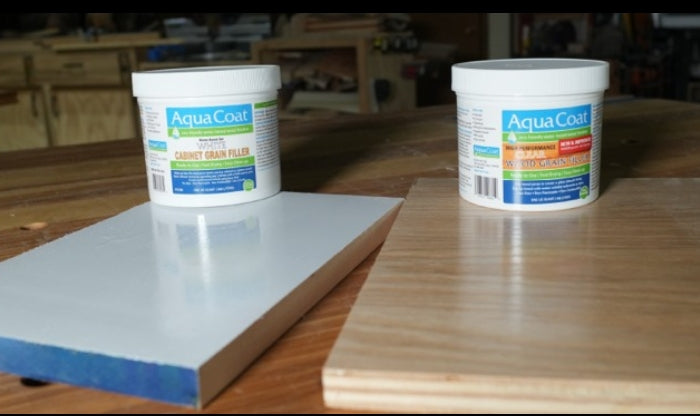
Leave a comment